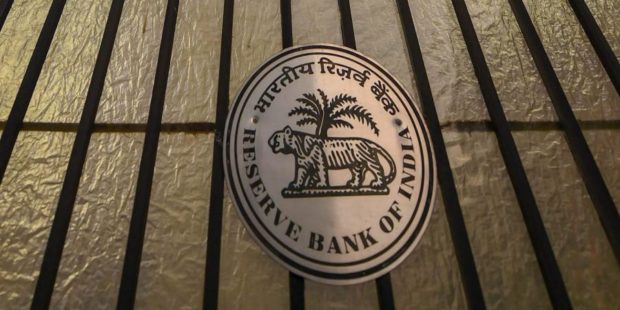

PTI, Nov 12, 2020, 10:44 AM IST

Mumbai: The GDP is likely to contract by 8.6 per cent for the July-September period, which means India will enter into a recession for the first time in history in the first half of this fiscal with two successive quarters of negative growth due to the Covid-19 pandemic, as per an RBI official.
Researchers have used the ‘nowcasting’ method to arrive at the estimates ahead of the official release of data and their views in an article in RBI’s monthly bulletin released on Wednesday do not constitute the central bank’s views.
The pandemic-induced lockdowns had led to a steep contraction of 23.9 per cent in the GDP for the April-June quarter as compared to the same period a year ago.
The RBI has estimated that the economy will contract by 9.5 per cent for the full fiscal year.
“India has entered a technical recession in the first half of 2020-21 for the first time in its history with Q2 2020-21 likely to record the second successive quarter of GDP contraction,” as per the article titled ‘Economic Activity Index’, authored by Pankaj Kumar of the Monetary Policy Department.
It, however, added that the contraction is “ebbing with gradual normalisation in activities and expected to be short-lived.”
The index is constructed from 27 monthly indicators using a dynamic factor model and suggests that the economy rebounded sharply from May/June 2020 with the reopening of the economy, with industry normalising faster than contact-intensive service sectors, it said.
The economic activity index can be used to gauge directional movements in GDP growth well ahead of official releases, it said.
The official GDP data will be released later this month.
The article said despite the raging pandemic, preliminary estimates are showing a jump in household financial savings to 21.4 per cent of GDP for the June quarter, as against 7.9 per cent in the June 2019 quarter and 10 per cent in the immediately preceding March 2020 quarter.
“The sharp increase is counter-seasonal and may be attributed to the Covid 19-led reduction in discretionary expenditure or the associated forced saving and the surge in precautionary saving despite stagnant/reduced income,” it said.
The estimated increase in financial savings looks consistent with other macroeconomic statistics, in particular the decline in private final consumption expenditure and the surplus position in the external current account, it said.
The “yawning gap” between credit extended and deposits mobilised during the April-June period contributed to the spike in household financial savings as the financial instruments relating to banks continue to dominate the household financial assets and liabilities, it said.
Udayavani is now on Telegram. Click here to join our channel and stay updated with the latest news.




Reliance Consumer Products Limited Acquires Velvette


Gold zooms past record Rs 89k-mark, silver rallies Rs 2,000 to 4-month high


Wholesale price inflation eases to 2.31pc in Jan


Karnataka signs MoUs worth Rs 2,220 cr on day two of GIM 2025


Celebrating Valentine’s Day: Airlines come up with rate discount, special menu


India Nets: Shami works on lengths with Morkel, Pant recovers after freak hit by Hardik shot


To ban or not to ban? Countries debate regulations on smartphone usage in schools


PM didn’t tell his good friend about country’s outrage over handcuffing Indian deportees: Congress


Maha Kumbh: Akhilesh seeks compensation to kin of devotees killed in accidents


“Namma Sante” buzz: From coconut shell art to pure honey delights!
You seem to have an Ad Blocker on.
To continue reading, please turn it off or whitelist Udayavani.